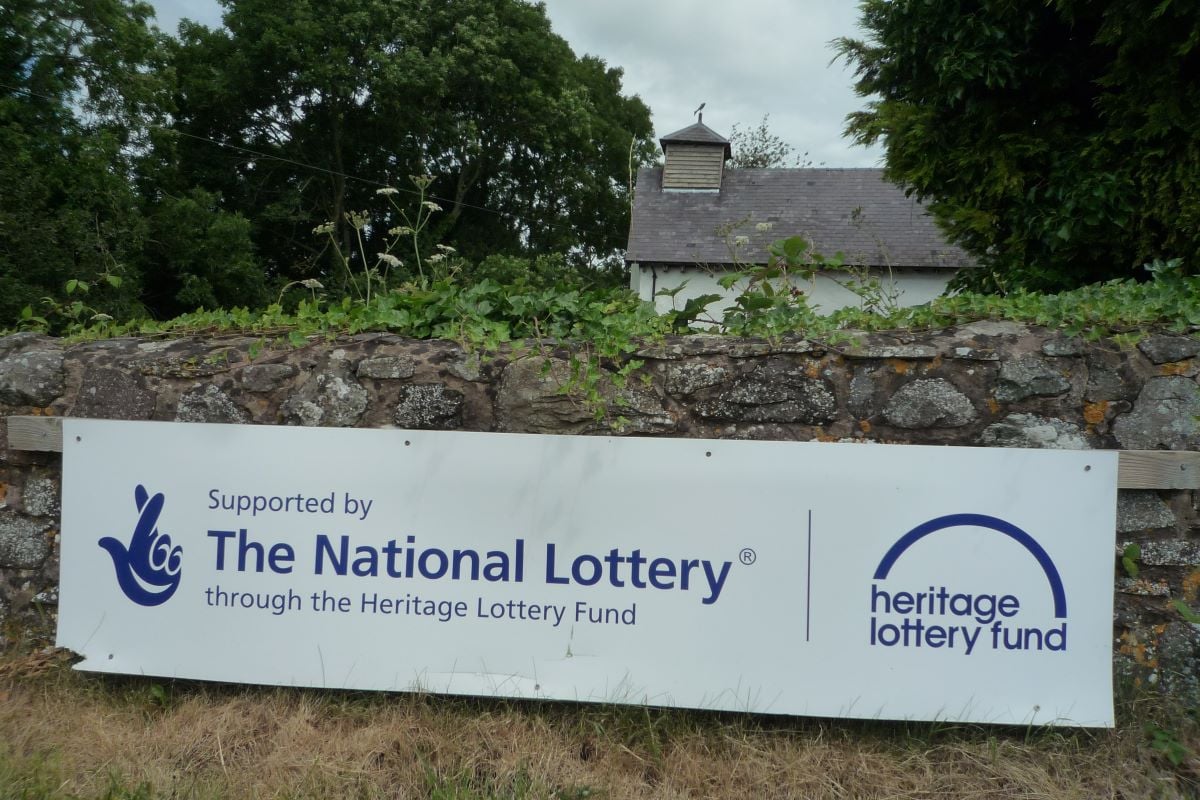
Both arts and heritage received £344.67m in lottery funding in 2023/24
Photo: Fabian Musto/Creative Commons
Increase arts’ share of lottery cash, thinktank urges
Additional funding would help arts and heritage organisations deal with the 'crisis in capital funding of cultural and heritage buildings', report says.
Government should temporarily increase the proportion of lottery funding distributed to arts and heritage to help them deal with ongoing financial challenges, a major thinktank has said.
The Fabian Society's Arts For All of Us report argues that there is an urgent need for a full and comprehensive review of arts funding to ensure it is both effective and open to new approaches, adding that this does not need to involve vast increases in government spending, but smarter approaches from both government and the sector.
It says a redeployment of National Lottery funding for good causes with a temporary adjustment of the allocation to arts and heritage by five per cent would help the sectors deal with the "crisis in capital funding of cultural and heritage buildings".
READ MORE:
The National Lottery Distribution Fund allocates money to causes across the arts, sports and heritage – each of which receives 20% – as well as community – which includes charitable, health, education and environment and receives 40%.
The five per cent would be deducted from the 40% earmarked for the Community Fund in what it describes as a "time-limited switch".
The report says government should also look into the possibility of deploying the many streams of funding distributed by the Community Fund more strategically to deliver greater impact and support local cultural infrastructure more effectively – libraries being a natural beneficiary of such a change.
Both arts and heritage received £344.67m in 2023/24 based on their 20% share. A move to a 25% share would have meant an additional £86.17m each.
'New approaches'
"There is an urgent need for a full financial review, not only to ensure that arts distribution bodies pursue the most effective strategies but also to identify new coalitions and new approaches," the report states.
"A review of National Lottery funding should be the starting point of any financial review of the arts and heritage sectors."
The report added that a review of Arts Council England, which Culture Secretary Lisa Nandy says has been paused in favour of a wider review of the funding landscape, should still take place to examine both its place in the overall funding of arts and culture and its effectiveness.
Other funding recommendations within the report include introducing a ‘Progressive City Tourism Charge’ on tourist accommodation to create a new funding source administered locally by metro mayors and a "Cultural Pipeline Fund" for grassroots development contributed to by "major players" in the sector.
In return for this contribution, the report suggests that government could maintain or increase fiscal incentives such as creative tax reliefs and zero-rating VAT on art imports.
Childhood arts guarantee
The report also makes a series of recommendations in relation to education, which Labour has already said it wants to place creativity at the centre of.
To achieve this, the report sets out a series of measures that should be taken to "transform education and childhood experiences of the arts". These include a childhood arts guarantee called "11 by 11," which would allow every child to learn an instrument, act in a drama, paint a mural, and sing in a choir.
Meanwhile, a Teach First for the arts should be established to make teaching an attractive and rewarding career for arts graduates while improving educational attainment for all children.
The report adds that all schools should be twinned with their local arts organisations and that a 'universal library card' and a 'culture pass' should be established to allow children free access to arts and heritage organisations.
Alison Cole, Director of the Fabian Society Arts and Creative Industries Policy Unit, said: “With a new government, the opportunity exists to rebuild the cultural sector.
"The joy of a life-enhancing education that embraces arts and creativity will have a greater impact on the lives of the British people than many a government plan. The arts are not an optional extra – they are essential.
“By embedding creativity in the school curriculum, making the arts part of everyone’s daily experiences, firing up our world-leading creative industries, and investing in creativity and technology hand in hand, we can harness the arts as powerful engines of change, inspiration and future growth.”
Join the Discussion
You must be logged in to post a comment.